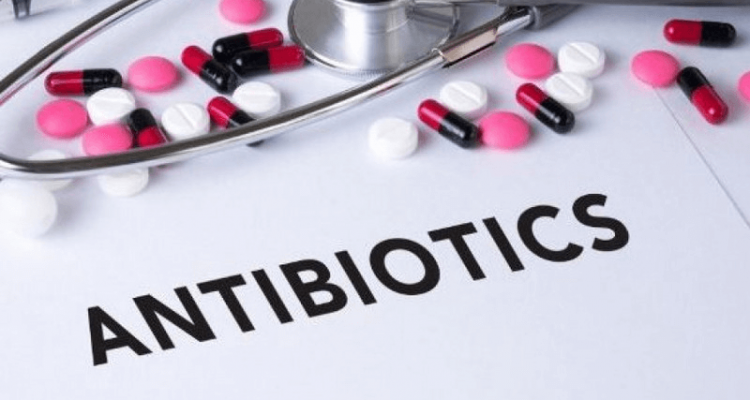
Antibiotics “increase the risk of cancer by 1.5 times”
0
Antibiotics are one of the most widely used types of medicine. There are large differences in the use of antibiotics in outpatient settings in different countries. It has been suggested that up to 75 percent of antibiotic use is of questionable therapeutic value. Antibiotics affect the composition and functioning of the intestinal microbiota, as well as inflammation and immune functions.
The study analyzed the use of antibiotics, which predicts an increased risk of developing cancer. 3,112,624 people aged 30 to 79 years without a history of cancer participated in the nationwide cohort study. Information on their antibiotic use between 1995 and 1997 was obtained from the Prescription Drug Register.
“Antibiotic use was associated with an increased risk of cancer: for categories of increased antibiotic use for the most common primary sites , that is, prostate, breast, lung, and colon,” the study says.
Another study examined the link between antibiotics and cancer.
“Risk of prostate, breast, lung and colon cancer increases with antibiotic use, large observational study finds.”
Risk of less common cancers was also associated with antibiotic use.
The risk of being diagnosed with non-melanoma cancer of the skin, duodenum, pancreas, kidney, bladder, male genitalia (except the prostate gland), and thyroid gland, as well as myeloma and leukemia was more than 1.5 times higher among participants with six or more antibiotic prescriptions compared to the least exposed group, the study authors said.
According to the NHS, other risk factors for increased cancer risk include:
- Age
- Smoking
- Sun exposure
- Radiation effect
- Chemicals
- Some viruses and bacteria
- Some hormones
- Family history of cancer
- Alcohol
- Poor diet
- Lack of physical activity
- Overweight









Leave a Reply